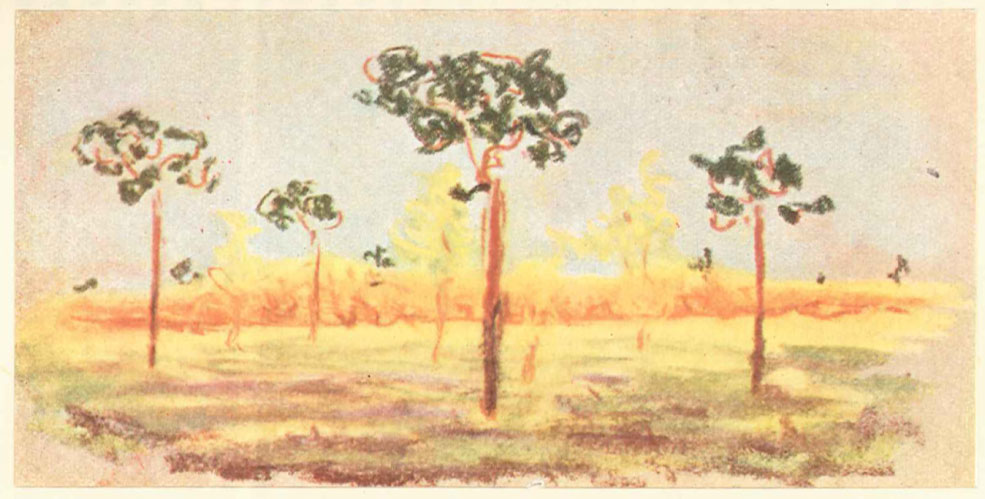Zauberland des Sichtbaren: August Endell’s Evolving Dissertation Between Architecture and Psychology, 1895–1925
Dr. Yue Zhao, 2023

This dissertation questions the aesthetic legitimacy of modern architecture by inquiring into its emergence in the interaction with optic psychology at the end of the nineteenth century in Germany. It argues that both architecture and psychology have been used to address a specific historical problem—the unstable visual environment created by the discourses and practices of subjective vision. Their desire for “a united vision” is closely related to a new scientific paradigm that finds its objectivity in techniques rather than concepts.
The German architect August Endell (1871–1925) is used as a guide in this exploration. By featuring Endell’s oeuvre as an evolving dissertation on the theory of feeling, derived from his unfinished PhD dissertation “Gefühlscontrast” (The Contrast of Feelings, 1895– 1896), researched under the supervision of the philosopher Theodor Lipps (1851–1914), this dissertation traces his changing focus from the line, to form, and, finally, to space, spanning a 30-year period from 1895 to 1925. Each chapter of this dissertation is approached through a key text: the experimental essay on effect of the straight line (1898), the curriculum developed for Schule für Formkunst (School of Form-Art, 1904–1914), and the prose book on metropolitan space (1905 onwards), respectively. By contextualizing these different forms of writing in their intellectual and architectural milieu, this dissertation outlines, on the one hand, two different modes of vision and two alternative ways of constructing the visual environment that compete with each other in the modernist project. On the other hand, it shows how specific psychological ideas and techniques enter our everyday life through architectural means, and how they are driven, directed, and modified by the technological and social reality of the built environment, especially the metropolis.